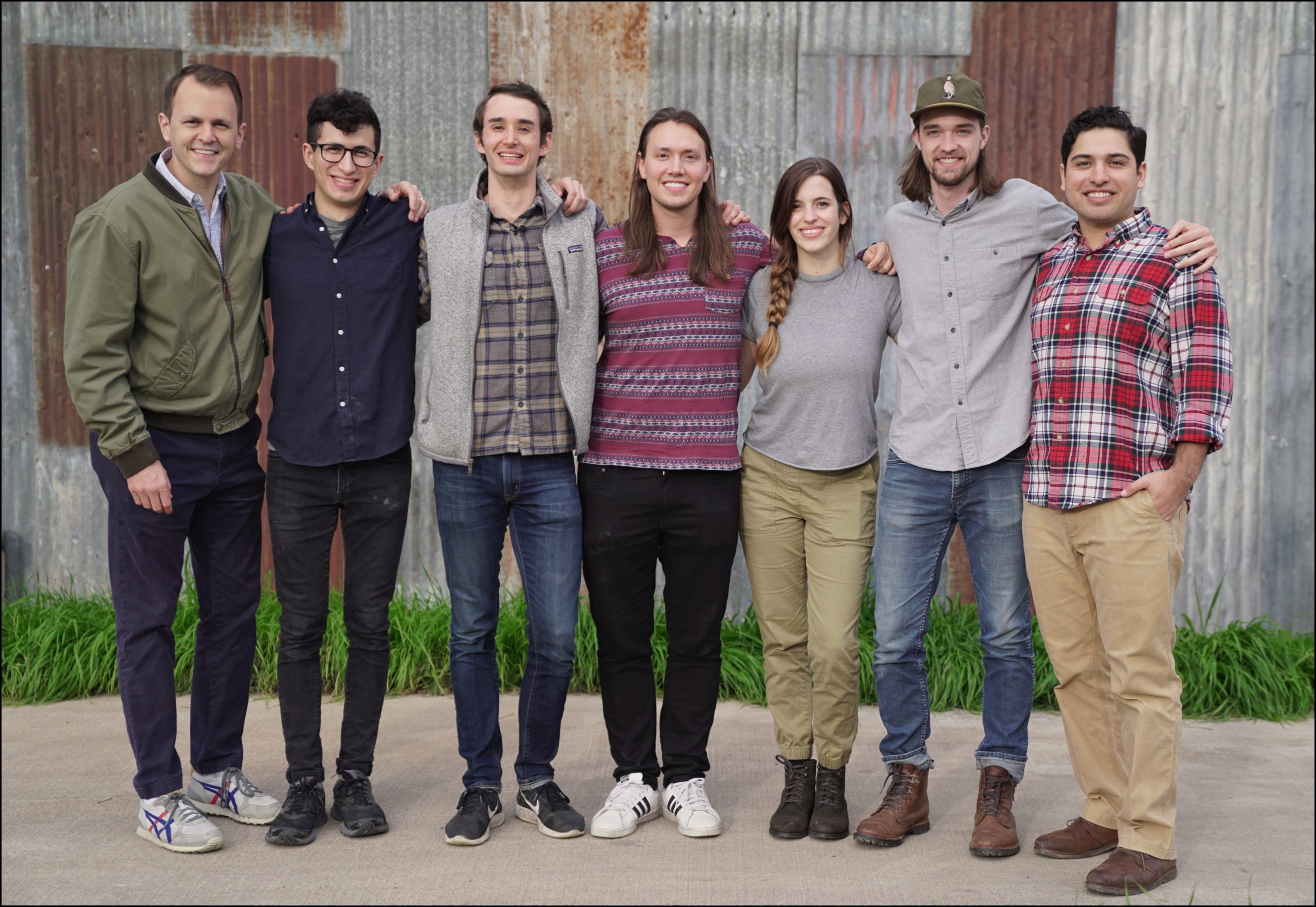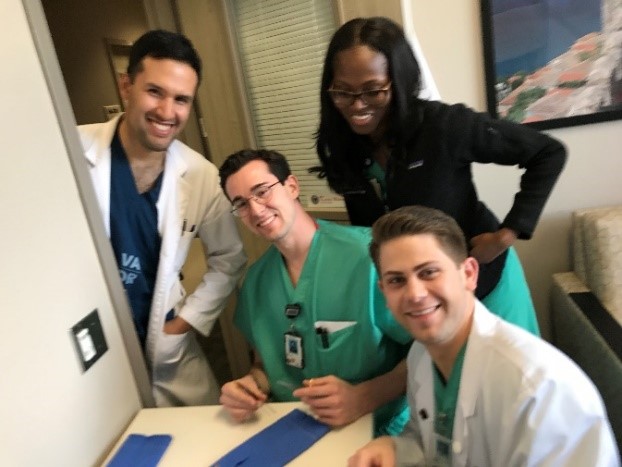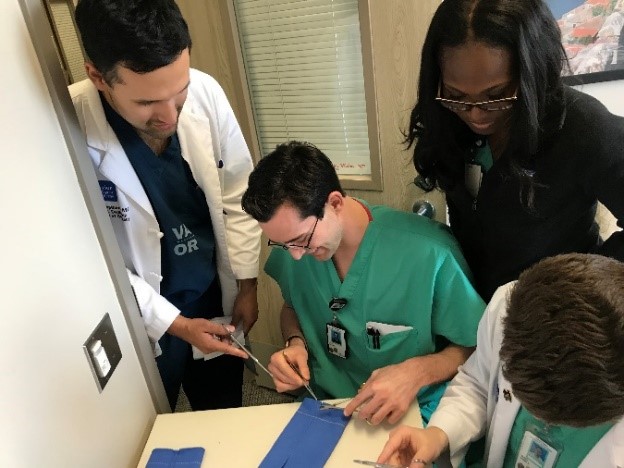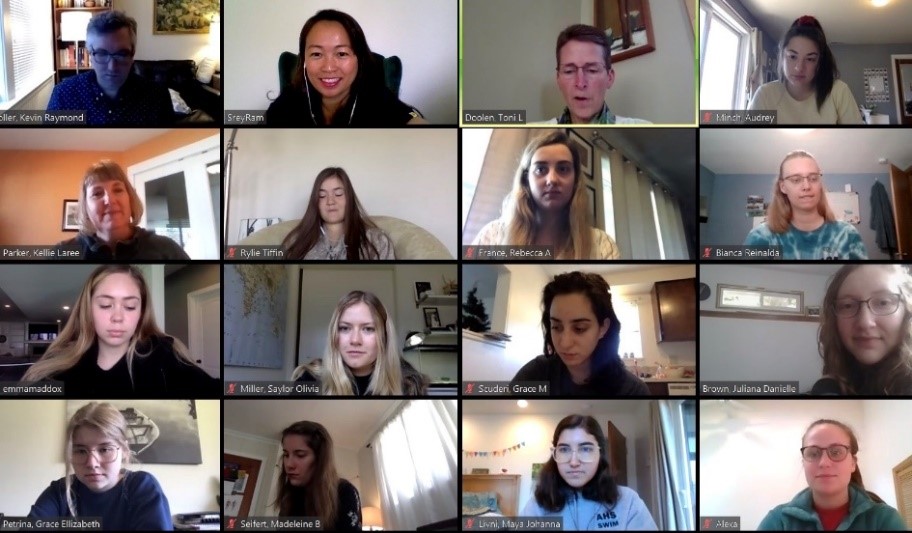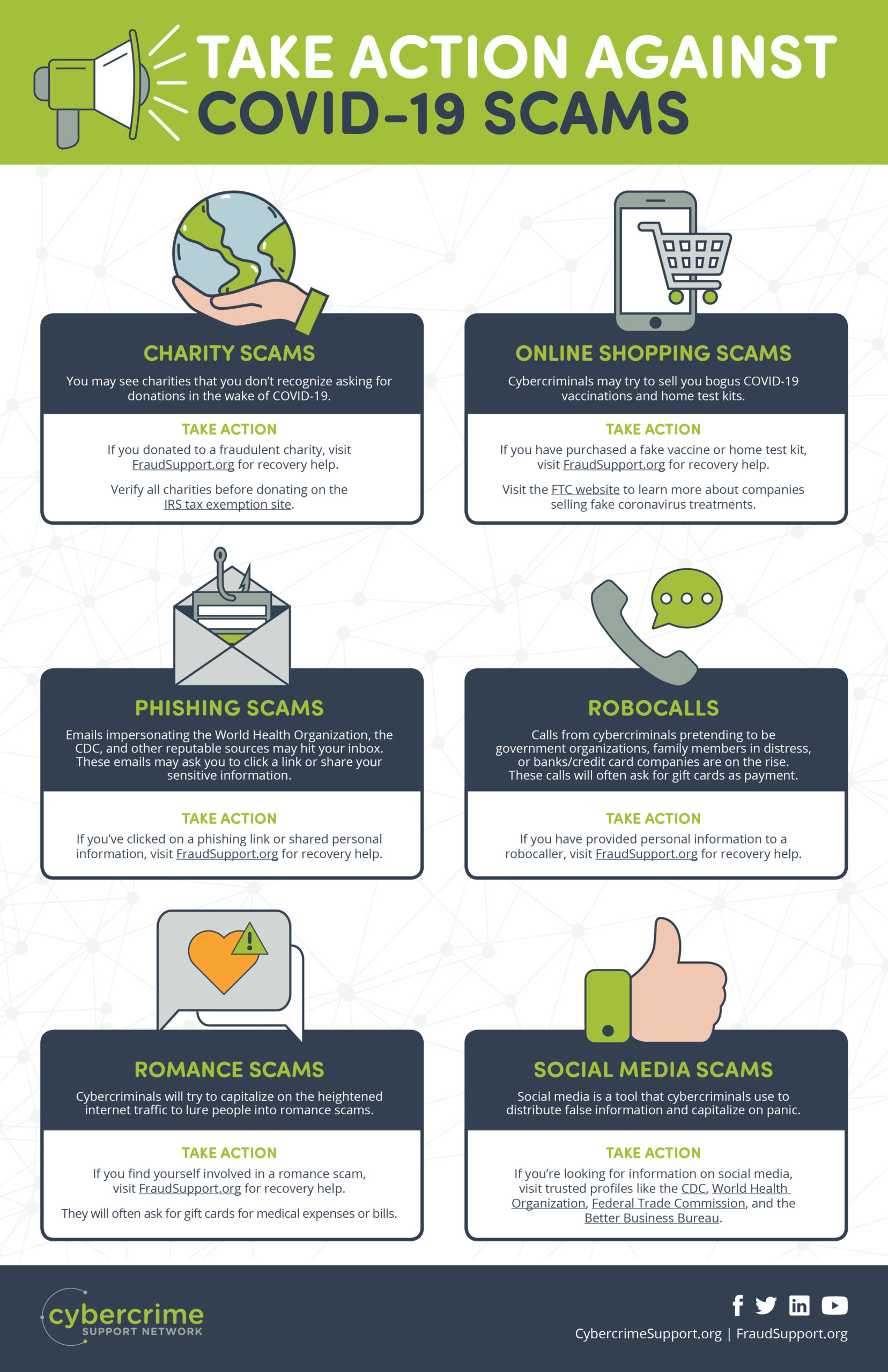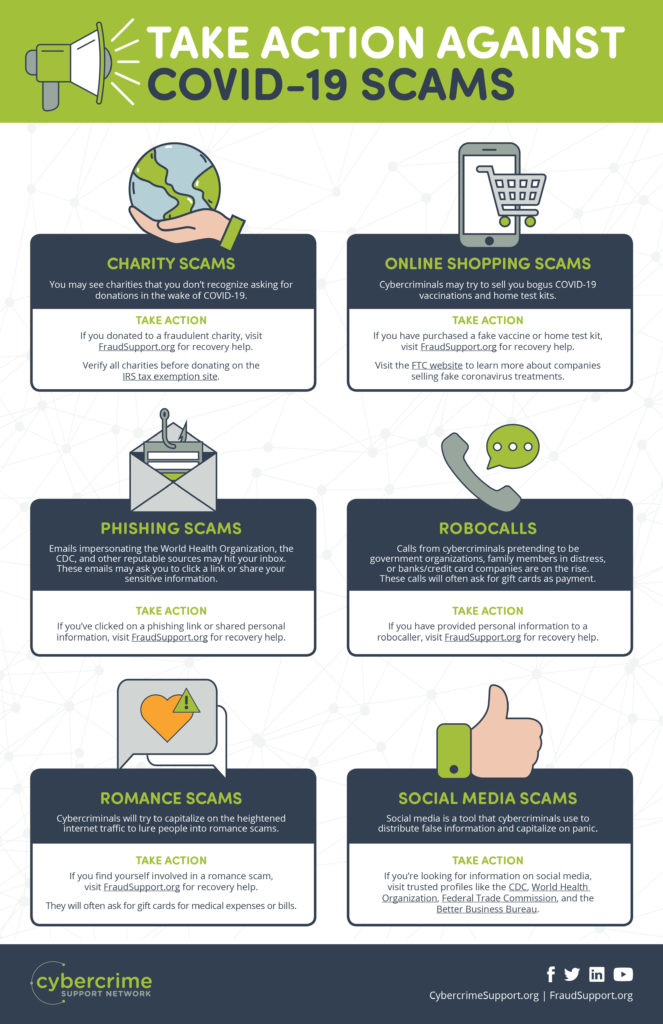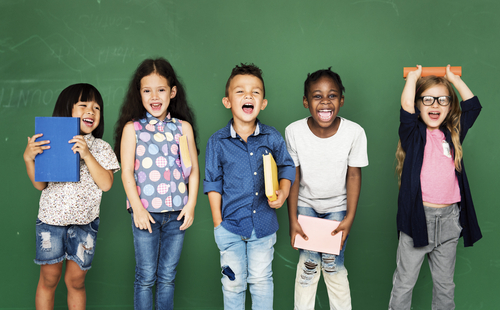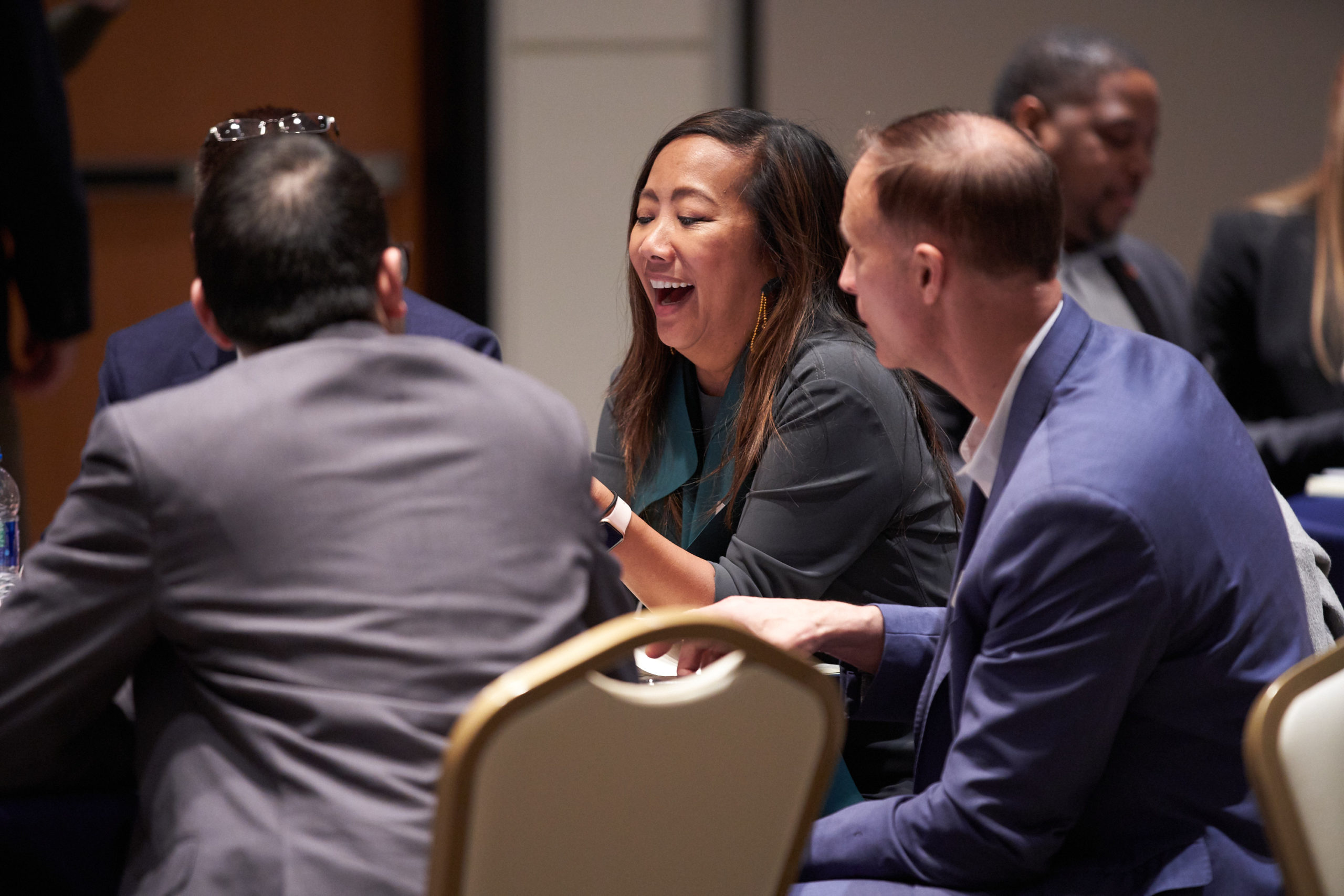Michael Hole, MD, MBA is a first-generation college graduate and former social worker turned Harvard- and Stanford-educated physician, professor, author, researcher and serial entrepreneur in Austin, Texas. See below for excerpts from our conversation with Dr. Hole about his efforts, especially during COVID-19.
Tell us about your job at The University of Texas.
I’m very fortunate, truly. I wear three hats.
First, I’m a ‘street doctor’ for children experiencing homelessness. My clinic is on wheels, traveling to serve patients where they live—which brings to life how public policies impact our neighbors in need.
Second, I lead Financial Health Studios, a university hub for redesigning health systems. We aim to improve people’s health and cut health care costs by helping folks afford basic needs and save for the future.
And third, I teach civic entrepreneurship to future lawyers, doctors, business leaders and policymakers. In my classes, graduate students build companies with potential for social impact, like Good Apple.
What’s Good Apple?
Good Apple is a doctor-prescribed grocery delivery service fighting hunger. For every box of healthy food delivered to a subscribing customer, we drop another on the doorstep of a nearby, low-income family in need. We partner with local farmers to rescue unsold produce, as well as food pantries and medical clinics to boost their impact. And the stories we hear are downright moving.
Any examples?
Sure. One client said her family often had to choose between buying medicines or food until Good Apple started helping.
Another single, pregnant mother felt relieved she no longer needed to take a bus to the grocery store and risk exposing herself and her two toddlers to the coronavirus.
And another lady caring for her blind husband full-time told us the deliveries helped her save money and energy while she awaits her own surgery.
Nowadays, I’m reminded, perhaps more than ever, how privileged I am to have a job, much more one that brings me so much meaning and joy through stories like these.
So what’s your role at Good Apple now?
I’m Good Apple’s Founding Advisor, so I work alongside Zack Timmons, a medical student, to lead and scale the company.
Has COVID-19 impacted the company?
Yes, significantly. Before the pandemic, we had about 50 active subscribers. Now: over 750. I’ve been really touched by how people are stepping up to help their neighbors, especially with our “Stay Home, Stay Healthy” program.
What’s that?
In partnership with the City of Austin, we’ve been able to leverage our infrastructure to begin delivering healthy food to older adults and people with chronic illnesses in quarantine. We’ll deliver about 250,000 pounds of food to 8,000 people in central Texas over the next two months. May I read you a note we recently got from a local nurse?
Please do.
Thanks. She says, “Bless you. You delivered my elderly, homebound mother with a bounty today. Her joy was practically uncontainable. Thank you so much. I’m a nurse trying to care for many people in many ways right now [during COVID-19], and you took a huge strain off of me. I just can’t put in words how grateful I am for you helping me shoulder some of the weight.”
Stories like this help us push hard to serve as many people as possible nowadays.
How are you handling the rapid growth?
We started hiring local residents, many who had lost wages or jobs since the pandemic hit, as food packers and delivery drivers. Neighbors in need helping neighbors in need, if you will.
Also, our volunteer force is growing, we have generous funders, and our partners—from local farms and food pantries to health providers, city government and transportation services—are stepping up in big ways to meet needs. It’s clear we’re stronger together, especially now.
To get involved, what’s the next step?
Thanks for asking. Please consider checking out GoodAppleFoods.com.
During the 2019 PLS program, you were working to start another organization, while scaling your national nonprofit, StreetCred. Any updates?
Sure. Early Bird, the college scholarship fund for babies born into poverty, has secured funding and partnerships. We’re set to launch this fall, assuming the pandemic slows.
StreetCred, which helps low-income families file taxes and build wealth while they wait in doctors’ offices, has returned about $5.3 million to roughly 2,700 families. Our very first client was a grandmother raising a 3-year-old boy and making about $7,000 a year in Boston. She used some of her tax refund to buy “luxuries”, as she put it, like winter blankets. Since then, we’ve seen clients use the money to pay off debts, fix cars, buy medicines, eat healthier, pay rent and utilities, save for college, start businesses, and so on. In other words, these refunds give people dignity and a better chance at realizing their American dream.
Also, StreetCred recently started a collaborative to share best practices, now with 38 partners in 23 states and DC. Amid the pandemic, the team is working to make sure our clients know how to claim their stimulus checks. We can’t deny race and socioeconomics are playing a role in who is being hit hardest by the virus.
Do you have a website?
Yep. It’s www.myStreetCred.org.
And you’ve recently launched an organization to help small businesses, right?
That’s right. Main Street Relief, which you can find at MainStreetRelief.com, is a trained volunteer corps helping small businesses in the United States survive and recover from economic crises, like COVID-19. It’s very personal for me. As businesses go, so do our hometowns.
What’s the backstory?
I grew up in an 800-person rural Indiana farm town where my parents operate a small, family-owned golf and restaurant business. Like so many Americans, they’re getting hit hard right now.
When the CARES Act passed, I started helping my parents navigate their options for emergency financial help, which turned out to be fairly complex and intimidating. We eventually applied for [Paycheck Protection Program] loans and an [Economic Injury Disaster Loan], but I worried about others keeping their doors open, especially those mom-and-pop shops with even less resources and time.
Meanwhile, I have so many friends and colleagues, including from PLS, fired up to help. So, Main Street Relief gives volunteers like them the knowledge and confidence they need to help small businesses, entrepreneurs, and independent contractors find stable footing, free of charge.
So you’re in-touch with other Presidential Leadership Scholars?
Of course! Regularly. They’re my second family. Recently, I wrote a few academic articles alongside several PLS doctors on how best to care for vulnerable populations amid COVID-19. And the Class of 2019 is having ongoing conversations about how to collaborate across sectors to fill gaps in the pandemic response.
What else from PLS are you carrying with you nowadays?
Simply being part of the PLS community during this pandemic highlights how downright privileged I am. Access to resources, whether money, health care or networks, matters more than ever in my lifetime. And that’s why my PLS classmates—who are testaments to the American people’s generosity and optimistic spirit—are working harder than ever to serve our country. They renew my belief in a better day to come.
